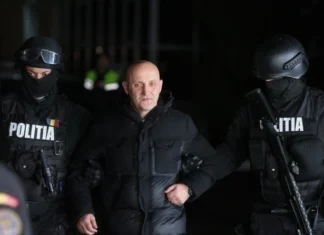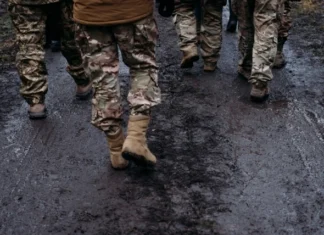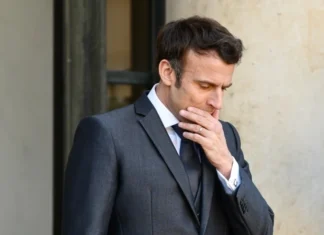The Kremlin has stated that Ukraine will ultimately have to negotiate with Russia, according to spokesperson Dmitry Peskov. This comment follows Ukrainian Deputy Foreign Minister Serhii Kyslytsya’s announcement regarding the suspension of peace talks. Peskov accused Ukrainian officials of refusing to engage in discussions, while Kyiv maintains that Moscow’s proposed terms are unacceptable and amount to surrender.
In his statements, Peskov emphasized that Russia remains open to diplomatic and political solutions. However, he indicated that the country will continue to assert its security in the absence of such opportunities for dialogue. He cautioned that Ukraine’s position could deteriorate day by day, underscoring the importance of future negotiations.
The backdrop of these remarks is a protracted conflict that has seen significant losses and disruptions in the region. The call for negotiations suggests an ongoing tension between the two nations, with each side holding firm to its stance regarding the terms and conditions of any potential peace agreement. Despite international calls for dialogue and resolution, the lack of progress has led to a stalemate.
Kyslytsya’s suspension of negotiations reflects the deep-seated distrust and the implications of past experiences where agreements were cited but later fell through. Many in Ukraine view the terms offered by Russia as not merely unpalatable but as conditions that undermine their sovereignty. The possibility of labeling these terms as tantamount to capitulation raises serious concerns among Ukrainian leadership and the public.
On the other side, Russia’s insistence on negotiating under its own terms presents a challenge. As Peskov reiterated, Moscow’s commitment to its security means it will take whatever measures necessary to protect itself. This uncompromising stance complicates the situation further.
The broader implications of this conflict extend beyond the borders of Ukraine and Russia, evoking responses from international powers and alliances like NATO, which have rallied to support Ukraine. The global community watches closely, concerned about the potential ramifications of an escalating conflict in Eastern Europe. As tensions mount, the international calls for diplomacy become increasingly urgent, emphasizing the necessity for a peaceful resolution to avert further instability.
Trade, energy, and security remain tightly intertwined in discussions surrounding the conflict. Both nations understand that their respective positions are influenced not only by military capacity but also by economic conditions and international support. The Kremlin’s approach seems to hinge on its perception of strength, both domestic and through international alliances, which affects Kyiv’s own strategy as it weighs its options moving forward.
The potential for dialogue exists, but it is fraught with challenges. Each side will have to overcome significant obstacles of mistrust and perceived threats to engage in a fruitful negotiation. Meanwhile, as Peskov indicated, the situation may continue to decline, urging all parties to reconsider their approach before stakes grow even higher.
In summary, the call for negotiations highlights a complex interplay of military, political, and economic factors that define the ongoing conflict between Ukraine and Russia. The road to peace may be long and arduous, but both sides may ultimately find that negotiations are inescapable for ensuring long-term stability and security.






